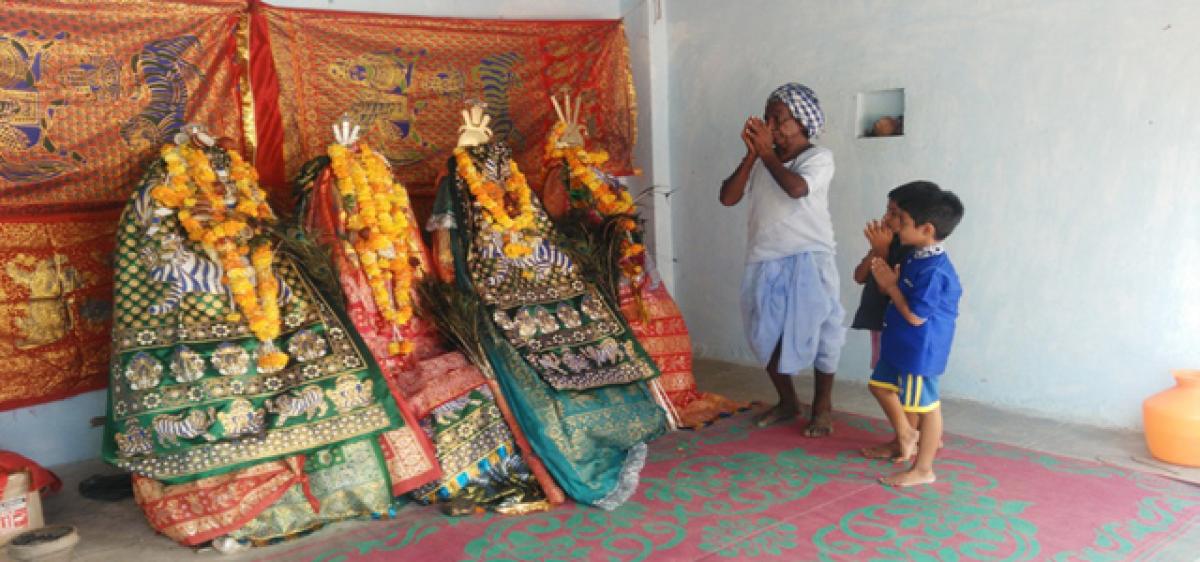Live
- Lewis Hamilton ends 945-day drought to win record extending ninth Silverstone GP
- Corbett FC score last-minute winner over Golazo FC in final of AIFF Futsal Club Championship
- Telangana Cyber Security Bureau registers FIR after actor reports child abuse
- Kharge slams Modi govt over LAC status quo, BJP fires back
- Calcutta Football League 2024: East Bengal FC defeat George Telegraph SC 3-1
- Indian cyber agency finds multiple bugs in Microsoft Edge, alerts users
- 76 roads shut, 69 water supply schemes disrupted in Himachal due to landslides, rainfall
- Justin Bieber performs hit songs at Anant-Radhika's pre-wedding festivities
- One killed, 16 injured in explosion at cement factory in Andhra
- Odisha miniature artist crafts eco-friendly two-inch chariot on the commencement of Jagannath Rath Yatra









